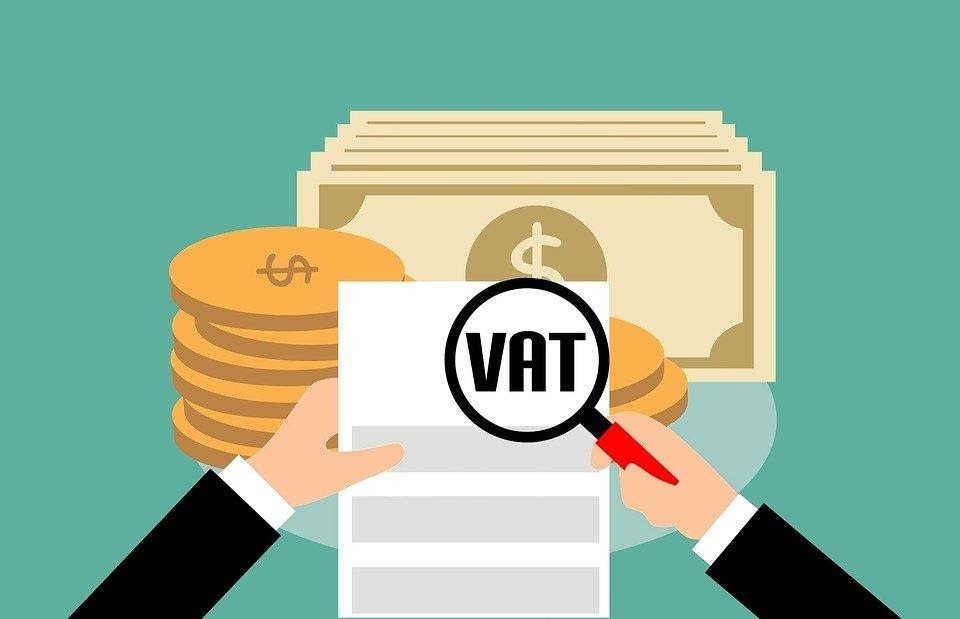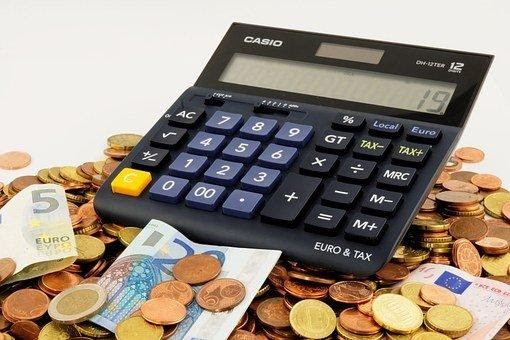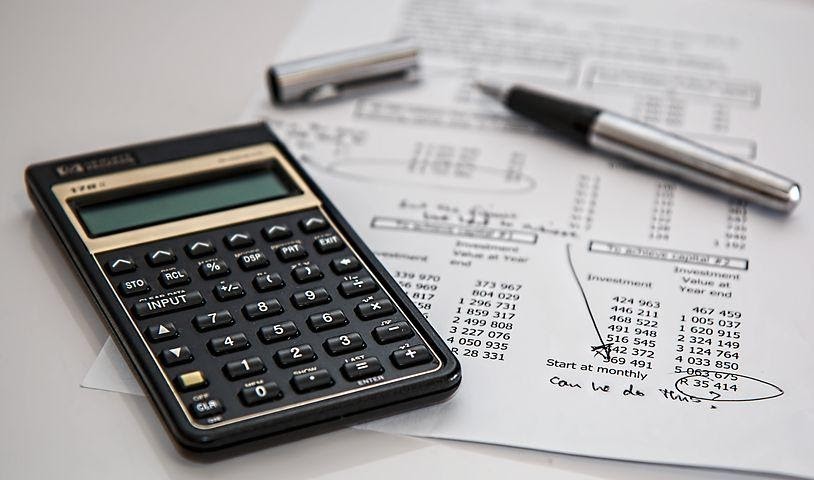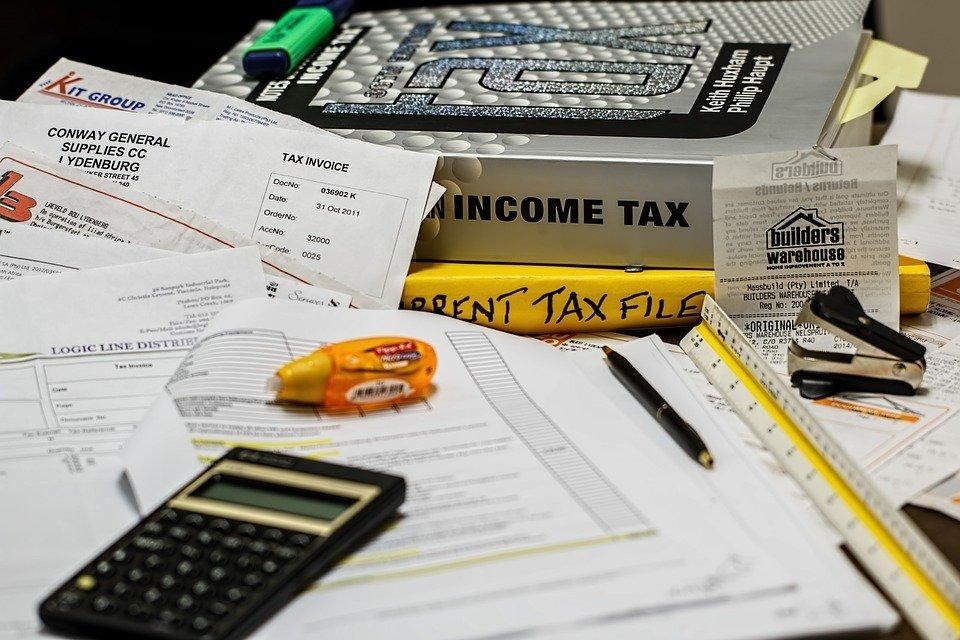Who All Need VAT Registration?

Value Added Tax (VAT) refers to a tax that is payable on the sale of services or goods within the territory of a particular country or state. Tax is payable by the final user of a good or service. Every party in the supply chain (retailer, wholesaler, and manufacturer) will act as a VAT collector.
VAT collector is responsible for collecting VAT from customers and include the VAT in their VAT return to revenue. VAT collectors can always reclaim as appropriate VAT charged to them by their suppliers when they return the VAT they have collected. The territory of the state will always include the territorial sea when it comes to VAT. That’s why, experts recommend understanding all the VAT questions that consumers may ask regarding your registration.
The state’s territorial sea will always extend to a limit of up to twelve nautical miles.
What is the VAT Threshold?

Registration of Value Added Tax (VAT) is compulsory when your turnover is likely to exceed the VAT threshold. The threshold will depend on your turnover in 12 months. Intra-Community distance sales threshold of goods and the cross-border telecommunications, broadcasting, and electronic services rely on the turnover in a single calendar year.
In this article, you will learn more about who needs to register for VAT.
1. People Who Acquire Goods or Services from Abroad
In most cases, the following individuals will at times not have to register for VAT in the state:
- Non-VAT registered businesses
- Fishermen, farmers, or racehorse trainers
- Exempt companies like banks
- Public bodies like state agencies, local authorities, and semi-state bodies
However, such individuals will have to account and register for VAT, the taxable services they receive outside the state, or the Intra-Community Acquisitions.
2. Non-Taxable Persons and Exempts Persons Acquiring Goods or Services Locally

Non-taxable and exempt persons are always required to register and account for Value Added Tax in certain circumstances.
Such circumstances include where they purchase or are likely to purchase goods from other states. You will have to register when the goods or services exceed or are likely to exceed the VAT Threshold within any 12 months.
There are times when the flat rate fishers, farmers, or racehorse trainers will have to register to receive such goods or services subject to the suitable threshold. They can retain their status of not registering in respect to their fishing or farming activities.
There are times when you may not reclaim VAT, especially if you are a nontaxable or exempt person.
3. Non-taxable and Exempt persons receiving Taxable Goods or Services from Abroad
Certain non-taxable or exempt persons will have to register an account for Value Added Tax whenever they receive taxable services abroad. The obligation will arise irrespective of the value of such goods or services.
Flat rate fishers, farmers, or racehorse trainers will register when they receive such goods or services. However, they can always retain their status of not registering for their fishing or farming activities. There are possibilities you may not be in a position to reclaim VAT if you are a nontaxable or exempt person
4. Paying VAT on Goods or Services from Abroad
You will have to pay VAT on the amounts invoiced at the right VAT rate to the revenue in your periodic VAT return revenue. There are possibilities you can qualify to reclaim the VAT. When you pass your VAT number to the supplier, you will not pay VAT in other member states.
Advantages and Disadvantages of Value Added Tax

Most of the VAT advocates argue adoption of a regressive tax system like VAT will give people a strong incentive to work and get higher salaries while keeping their income. VAT will also make it difficult to evade taxes since the tax is already in the purchase of services and goods.
VAT critics argue that income tax varies at different income levels. VAT is always at a fixed rate for every person. It means that the low-income earner will end up paying higher tax rates than the rich. With VAT, services and goods will be more expensive, and the entire tax will be passed to the consumers. It will also reduce the consumers’ purchasing power and will make it difficult for low-income earners and households to buy necessities.
Another disadvantage that comes with using VAT is that there will be an increase in costs due to the administrative burden of tax calculation at every production stage. It can be quite challenging for multinational firms with worldwide supply chains to calculate multiple tax regimes.
Conclusion
VAT offers several benefits. Regressive tax can provide businesses with strong incentives to work that can boost the overall GDP of an economy. It will also help increase the revenues of a government by reducing tax evasion and offering an efficient and timely framework when it comes to tax collection. VAT is mandatory for various types of business models. By adopting VAT, you will help the government to collect the tax from the consumer and significantly reduce tax evasion.




